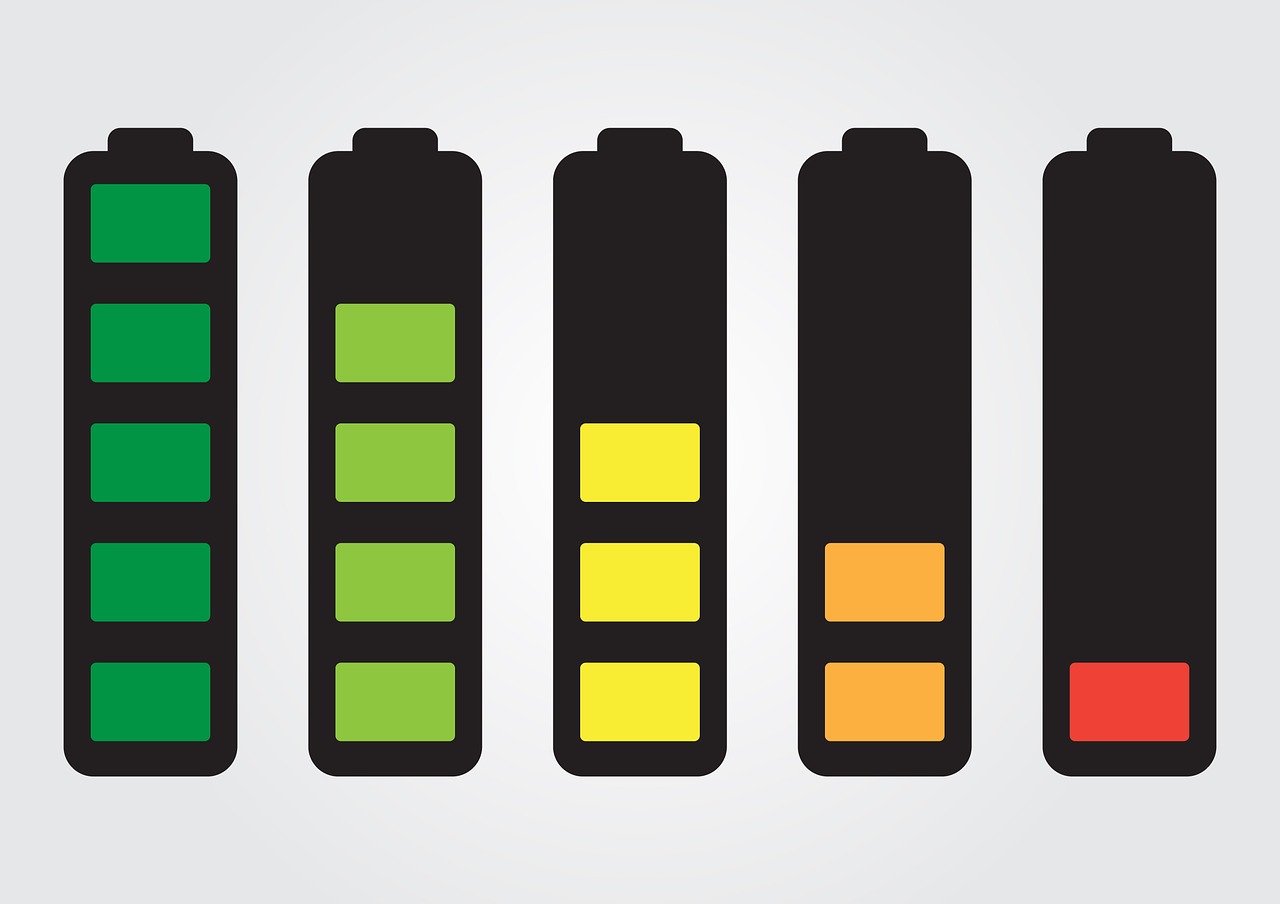Phasing out primary batteries will go against Green Deal
18/09/2020

Primary batteries are an indispensable part of our daily lives and can last years, especially in devices with a low energy demand. That’s why they should not be considered as single-use products. In addition, primary batteries have a better eco-balance versus rechargeables in low-drain devices. The European Commission is currently reviewing the Batteries Directive 2006/66/EC with a main focus on environmental sustainability. The proposed measures under discussion include a restriction or even a total ban of primary batteries. To further drive eco-efficiency, promote safety and avoid tons of unnecessary waste, EPBA proposes a minimum Battery Quality Standard.
“Setting quality standards for primary portable batteries will be the most sustainable way forward and will ensure that the new EU batteries legislation will be in support of the objectives of the Green Deal.” said Hans Craen, secretary general, European Portable Batteries Association (EPBA).
Setting quality standards for primary portable batteries will be the most sustainable way forward.
The independent studies ordered by the European Commission as part of the impact assessment process showed that even a full ban of primary batteries would only have a moderate effect on the amount of waste batteries, while there would be a considerable negative impact on the environment. The same analysis indicates that a total prohibition of primary batteries would require scrapping a considerably high amount of today’s battery-powered devices, which would become obsolete. This is a significant amount of waste which raises concerns on the compatibility with the circular economy action plan and Green Deal ambitions.
Instead of a ban, the industry is advocating for the introduction of minimum quality requirements for primary cells based on existing International Electrotechnical Commission standards. This will ensure that European consumers have the safest and highest-quality choices available to power their appliances while excluding low- performing ones from the European market.
Read the full article on Politico HERE
